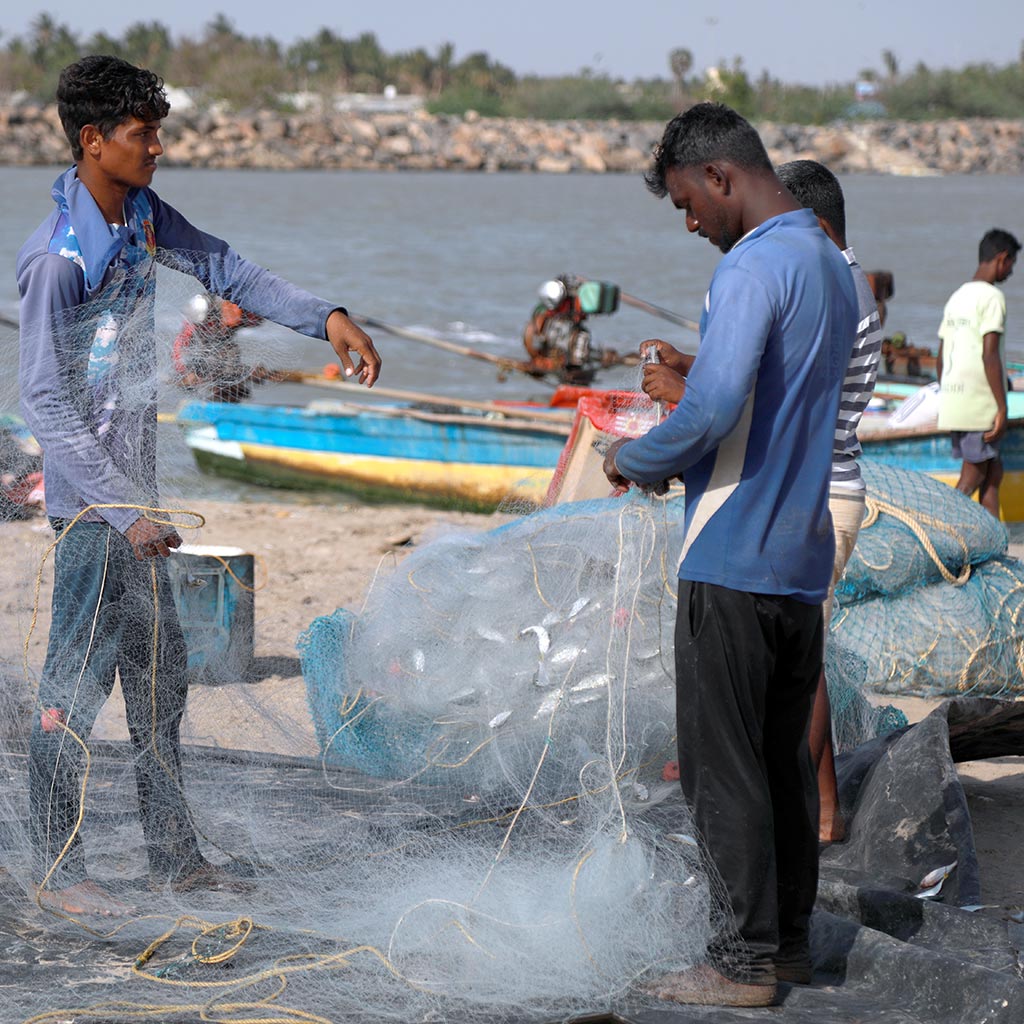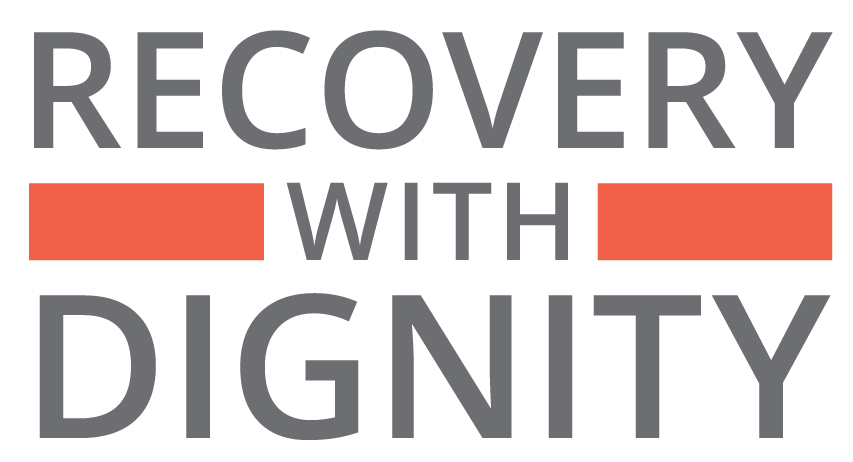
ABOUT THE WORKSHOP
What shapes disaster recovery? Who decides what interventions to implement and whose voice is heard in these recovery processes? And how do different people from disaster-affected communities to governments and the media define recovery? In a 3 year project, Recovery with Dignity, we tried to answer these questions drawing on insights from Odisha, Tamil Nadu, and Kerala. In this 3-day workshop we are inviting you to build on this conversation on inclusive disaster recovery.
While the media, government, civil society organisations, and humanitarian actors have their own understanding of disasters, those affected may have a different perspective that is often not as well understood or represented, especially in a context of urgency and lack of effective participatory processes. However, it is these ideas that various actors have that inform their recovery actions, and thereby affect the outcomes for those affected.
Disaster impacts come in all forms, from damaged housing and livelihoods, to mental trauma and eroded community assets including places of worship and mangroves which hold meaning for daily life and value for communal practices.. Moreover, these impacts take a long-time to recover. However, traditional recovery actions tend to choose repairing physical infrastructure over social needs or restoring livelihoods over environmental losses, and in the process leave people to deal with the remaining losses on their own. In this, disasters also affect different people and places differently, varying along the multiple lines of identity based on where they are, who they are, and what they have. Often, while the most marginalised are also the most affected, they have the least power and ability to direct their recovery trajectories. Thereby, despite various actions taken and resources invested, affected people do not entirely recover, or are left worse-off in the long-term. Effectively, disasters are anything but ‘great levelers’.
Unfortunately, these realities have become more widespread, vivid, and personal after the COVID-19 pandemic. But these are not new phenomena by any measure, and there are several parallels to be drawn with past experiences of disasters closer to home in India, as well as from other contexts where marginalisation and inequalities define the development processes.
India has a long history of such disasters, disaster recovery, and development processes, and in this workshop, we reflect on current disaster recovery practices to understand what guides recovery priorities, how they affect long-term recovery outcomes, and what can we learn from these experiences to course-correct such that recovery is both sustainable and inclusive of the real and long-term needs of disaster-affected people (DAPs) and places.
WHAT THIS WORKSHOP SEEKS TO DO :
- Experiment to draw from a variety of cases and different knowledge systems that suggest alternate pathways to reimagine recovery such that the focus shifts from a limited view of ‘post-disaster’ to a more fulfilling and sustainable life for the people. The workshop intends to present recovery as a long-term process where disaster(s) are one in a series of events that shape vulnerability, and the need for recovery actions to look beyond infrastructure and be more inclusive. In particular, it aims to draw lessons from past disasters about recovery narratives, responses, and outcomes to understand the way forward for the post-COVID-19 recovery.
Offer a platform to critically reflect on the implications of current post-disaster recovery practices, processes and measures on understanding the long-term recovery needs of and outcomes for people, communities, and at-risk places.
- Serve as a forum to convey the perspectives of DAPs to the various actors involved in recovery work. (Originally, it was planned to bring the disaster affected community members directly to the workshop to speak for themselves, however, in current circumstances this has been limited to a large extent).
- Build upon the existing, diverse community of recovery actors and researchers in India and beyond to share knowledge and experiences and draw from each other in their future work.
- Contributes to wider discussions on bringing together the interdisciplinary fields of disaster management and development studies, which otherwise barely intersect institutionally. Academically, it will highlight the importance of ‘social science, humanities & arts for people & the economy’ (SHAPE) to better understand and thereby respond to these complex situations.
SCHEDULE
∗Please Register For The Sessions separately Using The Links Provided Below:
RECOVERY NEEDS AND CURRENT APPROACHES
ISSUES IN FOCUS
SHAPING RECOVERY AS ALTERNATE PATHWAYS
Session 10 | 5:30pm – 6:30pm IST | |
Reimagining recovery practices: Project Team and Advisors share the final reflections and ways forward for research and practice | ||
Moderator: |
| |
Roger Few | ||
